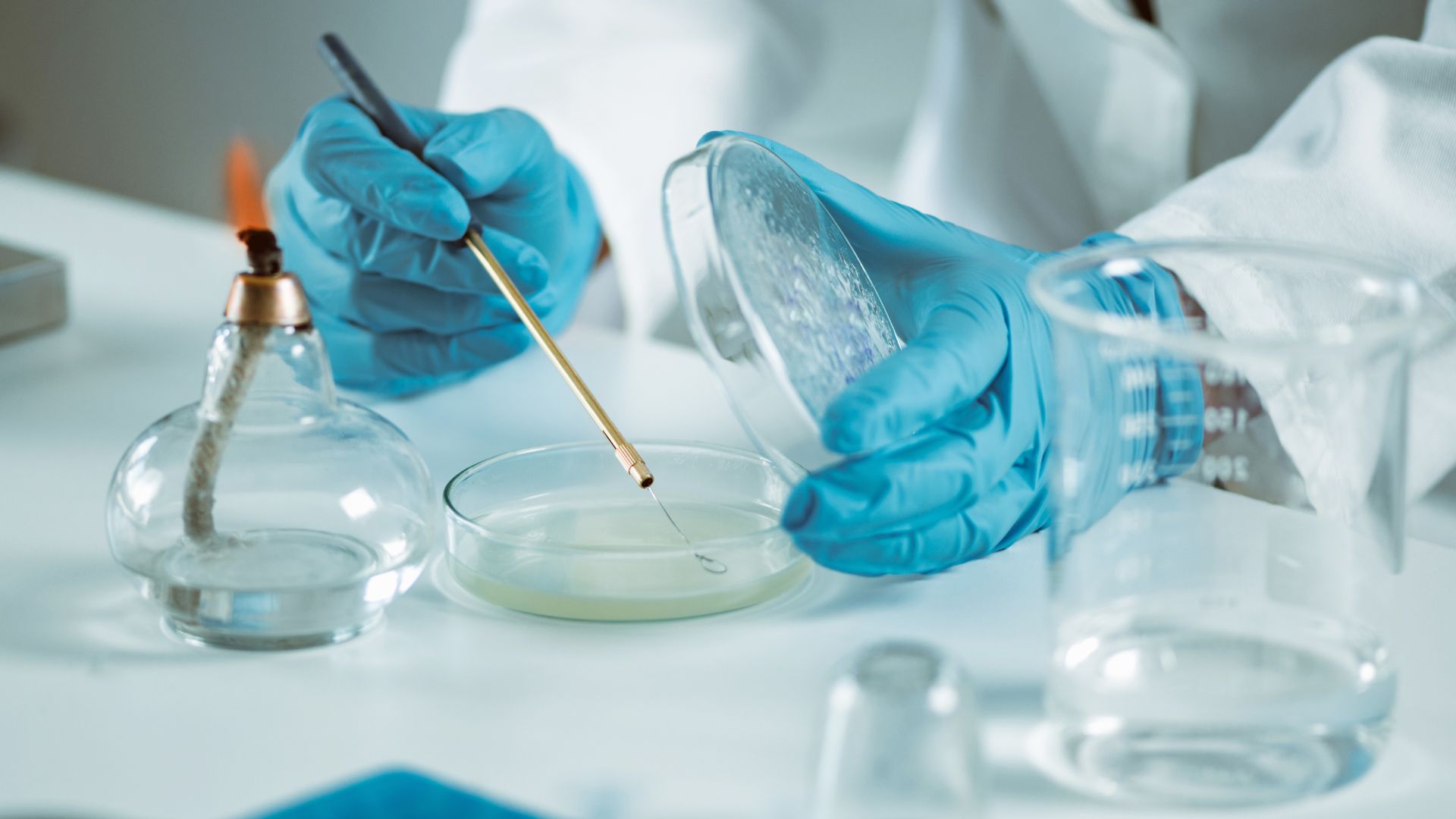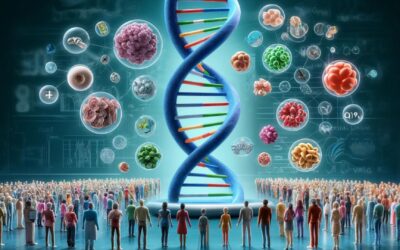Get ready to enter the invisible universe! Imagine a world where tiny creatures play a HUGE role in your health, the food you eat, and even the air you breathe. Welcome to the fascinating field of microbiology – the study of life too small to see with the naked eye.
Think those creatures lurking on your kitchen cutting board are gross? You’re right! Bacteria, viruses, fungi…they’re everywhere. Some can make you sick, but guess what? TONS of them are actually helping you!
- Gut Buddies: Your body is teeming with microbes vital for digestion, immunity, and even your mood.
- Tasty Transformations: Cheese, yogurt, bread… microbes make all that deliciousness happen through fermentation.
- Medicine Miracles: Many antibiotics come from natural bacteria and fungi fighting each other – science at its coolest!
- Cleaning Up Our Mess: Some microbes munch on oil spills and pollutants, keeping our planet cleaner.
Microbiology isn’t just about petri dishes and microscopes. It impacts everything from fighting disease outbreaks to creating new biofuels. Understanding this hidden world is key to solving some of our biggest challenges.
Your Action Step
Ready to go deeper into the world of microbes? Here’s how:
- Look for the microbe connection: Next time you eat fermented food or take medicine, think about the tiny organisms at work!
- Documentaries and popular science books: Search for ones focused on the microbiome or the fascinating history of fighting infectious diseases.
- Citizen science projects: Some let you contribute to real research studying the microbes around you – how cool is that?
The world of microbiology is weird, wonderful, and more important than you probably realize! Isn’t it time you got better acquainted?
Why Should You Care?
- Microbes affect your everyday life: Understanding them empowers you to make healthier choices regarding food, hygiene, and the environment.
- Microbiology is a field of innovation: It plays a crucial role in solving global challenges like disease, pollution, and developing sustainable technologies.
- It’s surprisingly relatable: Learning about microbes makes seemingly ordinary stuff, like the yogurt you eat, way more fascinating!
Key Takeaways
- Microorganisms (bacteria, viruses, fungi) are everywhere, though we can’t see them.
- Many microbes are beneficial, playing crucial roles in our health, food production, and environmental cleanup.
- Microbiology research is crucial to fighting diseases and developing new medicines.
- Understanding the unseen world of microbes gives you a greater appreciation of how the world works.
Keywords with Definitions
- Microbiology: The scientific study of microorganisms.
- Microorganisms: Living things too small to be seen with the naked eye, including bacteria, viruses, fungi, and others.
- Bacteria: Single-celled organisms found everywhere, some cause disease, others are essential for life.
- Viruses: Tiny infectious agents that need living cells to reproduce, causing illnesses like colds and the flu.
- Fungi: Organisms like molds, yeasts, and mushrooms. Some cause disease, others are crucial for food production and decomposition.
- Gut Microbiome: The collection of microbes living in your digestive system, vital for health.
- Fermentation: The process where microbes break down sugars, creating foods like yogurt, beer, and kimchi.
- Antibiotics: Medicines that fight bacterial infections by killing or stopping the growth of harmful bacteria.
- Biofuels: Fuels derived from organic matter (sometimes using microbes) as an alternative to fossil fuels.
- Citizen Science: Public participation in scientific research, often through data collection or simple experiments.
Frequently Asked Questions
- Are all microbes harmful? Definitely not! The majority are either beneficial or simply harmless.
- How do I protect myself from bad microbes? Good hygiene (handwashing!), vaccinations, and safe food handling are key.
- Can microbes evolve resistance to antibiotics? Yes, which is why antibiotic misuse is a serious threat!
Myth Buster
- Myth: Cleanliness means being germ-free.
- Reality: It’s impossible and unhealthy! We need a balance of microbes, and over-sanitizing can disrupt our natural defenses.
Let’s Talk
- Were you surprised to learn how many GOOD microbes exist? Can you think of other ways they might benefit us?
- What are some everyday products surprisingly created through microbial processes?
- Have you heard about antibiotic-resistant bacteria? How does this connect to the importance of understanding microbiology?
Let’s keep the conversation going! Share your thoughts and curiosities about the microbial world below.












0 Comments